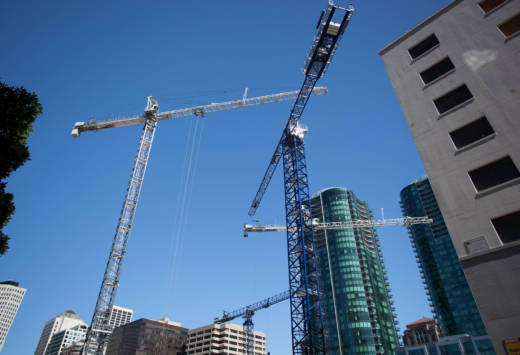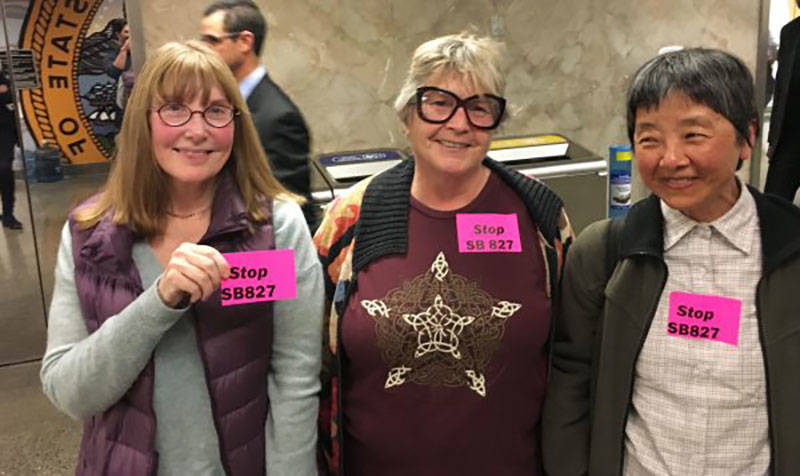The most controversial state housing bill in recent memory died with a pretty resounding thud.
Senate Bill 827, which would have forced cities to allow taller, denser development around public transit, got only four votes on the 13-member Senate Committee on Transportation and Housing. Both Democratic and Republican lawmakers voted against the bill.
Authored by state Sen. Scott Wiener, a Democrat from San Francisco, the bill would have allowed developers to build five-story apartment buildings near major public transit stops, including neighborhoods previously zoned for single-family homes. The bill received a ton of media attention, both in California and nationally, including a fairly flattering write-up on the front page of the New York Times.
Urbanist “Yes In My Backyard” (YIMBY) groups mourned the bill’s death as yet another roadblock to building the new housing the state so desperately needs. Cities and anti-gentrification groups cheered the demise of what they viewed as an unprecedented inroad on local control.
What to make of all the hubbub? Some key takeaways:
Enemies, enemies, got a lot of enemies
It’s tough for anyone to take on cities and counties, which wield enormous power in Sacramento and to whom state legislators often give considerable deference. It’s tough for anyone to take on the construction trades union, a major source of campaign contributions for Democratic lawmakers. It’s tough for anyone to take on equity and social justice groups, who can bend the ear of progressive legislators.

